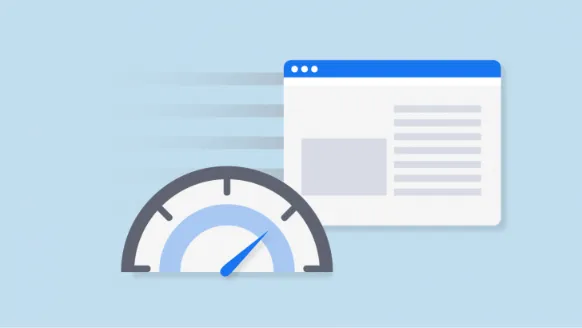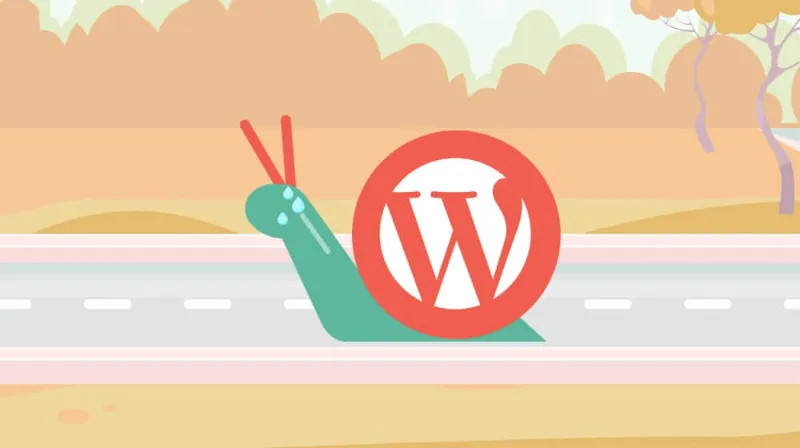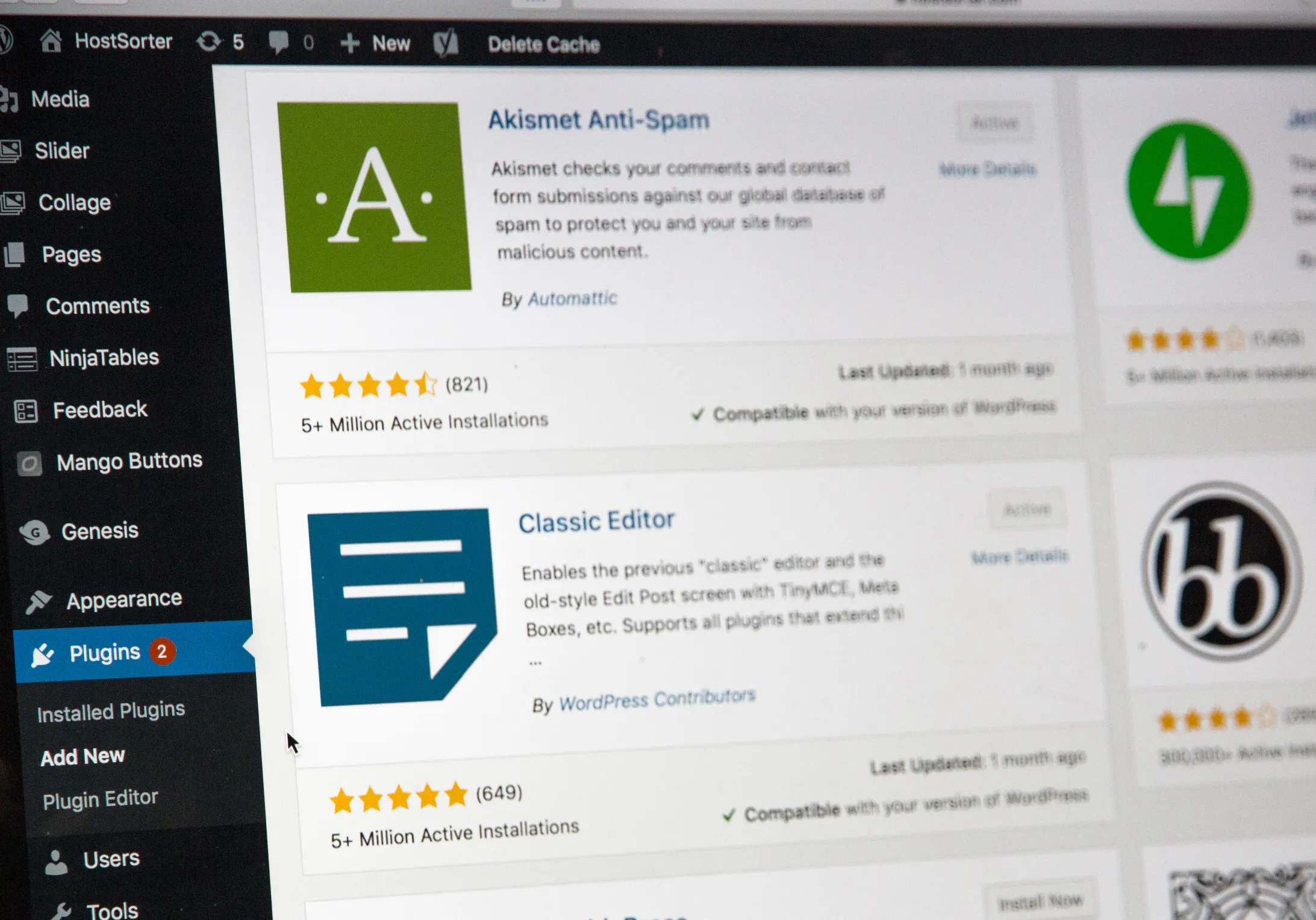Welcome to “The Ultimate Guide to Boost WordPress Speed & Performance” series! In this comprehensive guide, we’ll explore everything you need to know to optimize the speed and performance of your WordPress website. A fast-loading website not only improves user experience but also plays a crucial role in search engine rankings and overall site success. In this first post of the series, we’ll cover the basics of WordPress performance, understanding why speed is important, how to measure your website’s speed, and the factors that can slow down your WordPress site. Let’s dive in!
Why Speed is Important for Your WordPress Site?
Website visitors have increasingly high expectations when it comes to website loading times. Studies have shown that a significant number of users abandon a site if it takes more than a few seconds to load. Slow-loading websites not only frustrate visitors but also result in higher bounce rates and lower conversions. On the other hand, a fast and responsive website creates a positive user experience, encourages visitors to stay longer, and increases the likelihood of conversions, whether it’s making a purchase, signing up for a newsletter, or engaging with your content.
How to Check Your WordPress Website Speed?
Before diving into optimizing your website’s speed, it’s essential to measure its current performance. Several online tools can help you assess your site’s speed and identify areas for improvement. One popular tool is Google PageSpeed Insights, which provides insights into your website’s performance on both desktop and mobile devices. By analyzing the results, you can gain valuable insights into areas that need attention and take the necessary steps to enhance your site’s speed. Alternatively, you can use GTMetrix for checking your website page speeds.
What Slows Down Your WordPress Website?
Numerous factors can contribute to a slow WordPress website. Bloated or poorly coded themes and plugins, unoptimized images, excessive use of external scripts, inadequate hosting resources, and lack of caching are just a few examples. Identifying the specific elements that are slowing down your site is crucial for effective optimization. By addressing these factors, you can significantly improve your website’s speed and performance.
Importance of Good WordPress Hosting.
Choosing the right hosting provider is paramount to ensure optimal website performance. A reliable and reputable hosting company will offer server environments optimized for WordPress, ensuring faster loading times and better overall performance. Additionally, they provide necessary features such as caching mechanisms, content delivery networks (CDNs), and robust security measures. Investing in quality hosting is an essential step in boosting your WordPress site’s speed and ensuring a seamless user experience.
In the upcoming posts of this series, we’ll delve deeper into the practical steps you can take to speed up your WordPress site. From installing caching plugins to optimizing images and fine-tuning advanced settings, we’ll equip you with the knowledge and tools necessary to optimize your site’s performance and deliver an exceptional browsing experience.
Stay tuned for the next post in the series, “Speeding Up WordPress in Easy Steps (No Coding),” where we’ll explore simple yet effective strategies to boost your WordPress site’s speed without requiring any coding skills.



